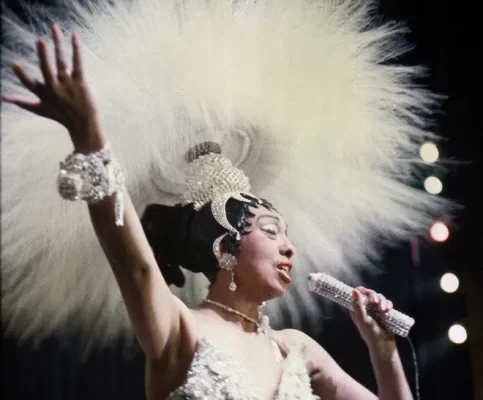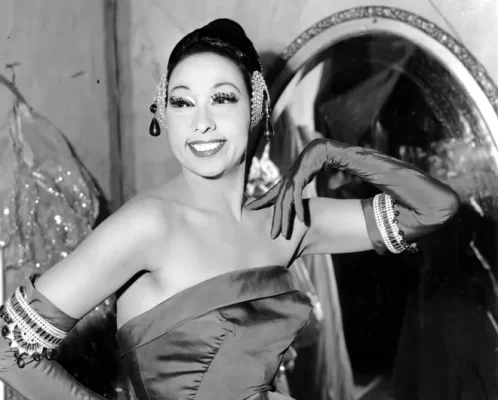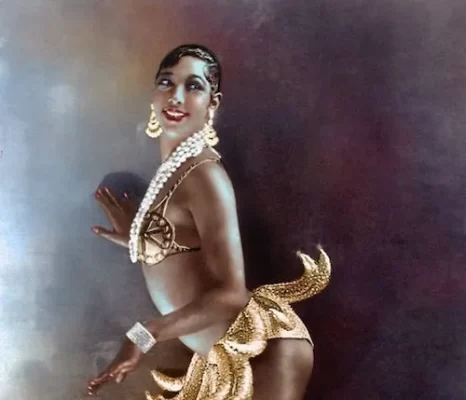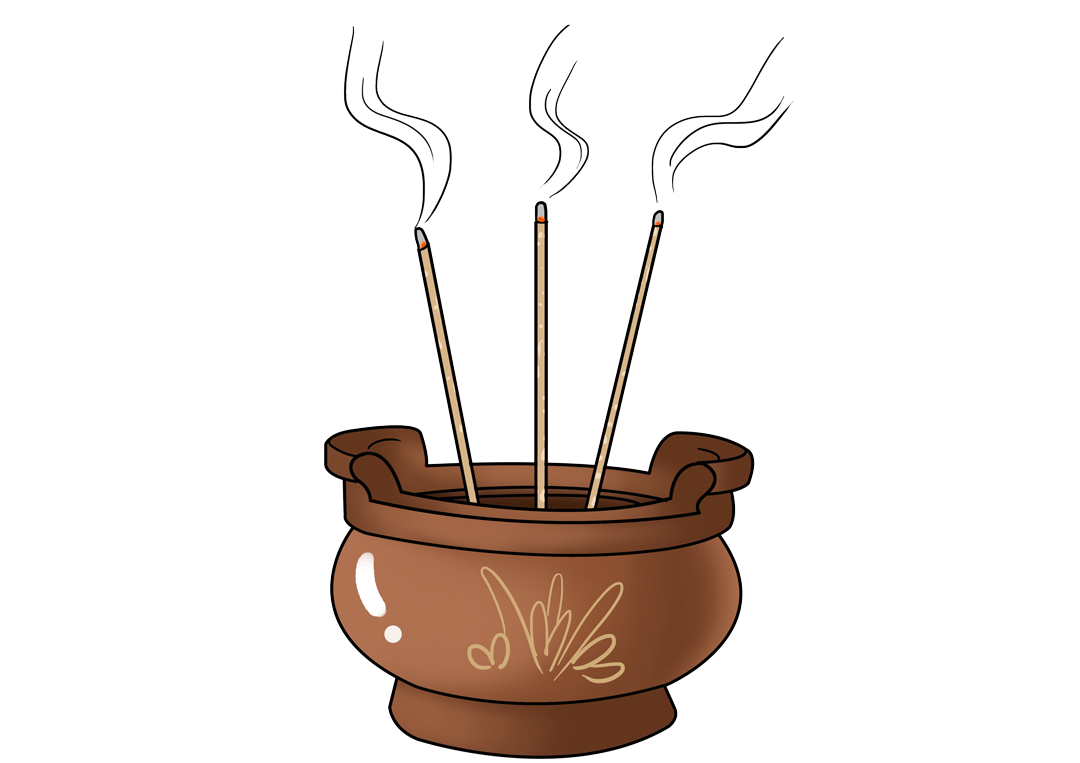Josephine Baker (3 June 1906 – 12 April 1975) was an American-born French entertainer, activist, and French Resistance agent. She became one of the most famous women in the world during her time and was renowned for her contributions to both the entertainment industry and civil rights movements.
Early Life
- Born: Freda Josephine McDonald in St. Louis, Missouri, USA.
- Background: She grew up in poverty, with her mother working as a laundress. Josephine left school at a young age and began working to help support her family. Her first exposure to show business was through street performances in St. Louis.
Career Beginnings
- Vaudeville: Baker started her career in the United States with vaudeville shows, gradually making a name for herself as a dancer and singer.
- Paris Debut: In 1925, she moved to Paris, where she found success as an exotic dancer at the Folies Bergère. Her performance in the “Danse Sauvage,” where she wore only a skirt made of bananas, became iconic and solidified her as a major star.
Stardom and Influence
- Icon: Josephine Baker became a symbol of the Jazz Age and Roaring Twenties in Paris. She was the first African American to star in a major motion picture, “Zouzou” (1934), and to become a world-famous entertainer.
- Diverse Talents: Apart from dancing, she was a talented singer and actress, appearing in various films and theatrical productions.
- Fashion: Baker also became a fashion icon, known for her elaborate stage costumes and distinctive hairstyles.
Civil Rights Activism
- Anti-Racism: Despite her fame in Europe, Baker faced racism in the United States. She refused to perform for segregated audiences and was active in the Civil Rights Movement. In 1963, she was the only official female speaker at the March on Washington alongside Dr. Martin Luther King Jr.
- Adoption of Children: Josephine adopted 12 children from different ethnic backgrounds, calling them her “Rainbow Tribe.” She wanted to prove that children of different races could live together in harmony.
Work in the French Resistance
- World War II: During World War II, Baker used her fame and connections to work for the French Resistance. She carried secret messages hidden in her sheet music and helped shelter refugees. For her efforts, she was awarded the Croix de Guerre and was named a Chevalier of the Légion d’Honneur by the French government.
Later Life and Legacy
- Financial Struggles: Despite her fame, Baker faced financial difficulties later in life. However, she continued to perform and support causes she believed in.
- Death: She died on 12 April 1975, in Paris, France, after suffering a cerebral hemorrhage, just days after her final performance celebrating 50 years in show business.
- Legacy: Josephine Baker was buried in Monaco with full military honors, a recognition of her contributions to France. In 2021, she became the first Black woman to be honored with a place in the Panthéon in Paris, France, an honor reserved for the country’s most revered figures.
Baker’s legacy continues to inspire people worldwide, not only as an entertainer but as a courageous advocate for civil rights and human dignity.
See more





